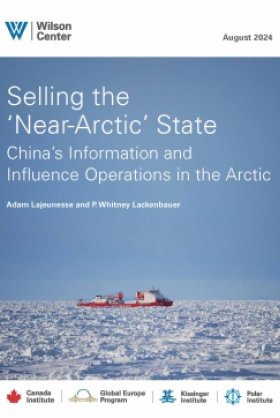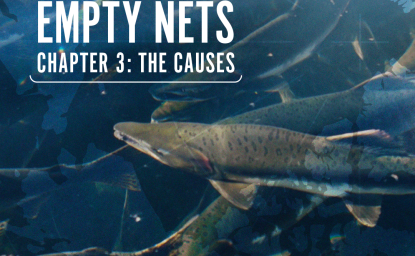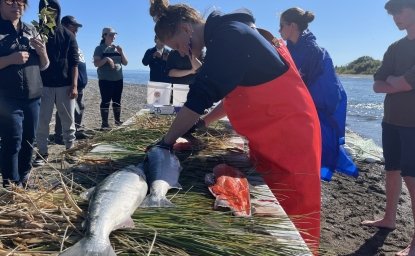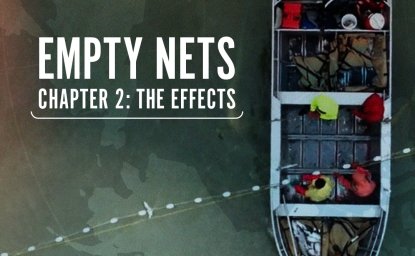Selling the 'Near-Arctic' State









For years, official statements from the People’s Republic of China (PRC) have asserted that China is a ‘Near-Arctic state’ with the right to a greater role in Arctic governance. Such assertions have generated a great deal of Western concerns, understandable when viewed within the context of Beijing’s aggressive behaviour towards is immediate neighbours, its growing military, and powerful economy. However, China cannot assert itself as directly or forceful in the Arctic. Rather, China’s Arctic presence manifests primary in its relationships with, and influence over, the Arctic states. As such, its behaviour and influence strategy differs along national and regional lines.
This report, authored by Dr. Adam Lajeunesse and Dr. Whitney Lackenbauer, examines China's efforts to pursue its priorities and exert influence strategies in Iceland, Canada, Denmark, Norway, Sweden, Finland, the United States, and Russia. Each chapter adopts a similar framework, laying out the political, economic, and strategic objectives as well as the relevant messaging, directed towards each Arctic state. While only a snapshot of an evolving set of relationships, understanding China’s tactics, priorities, and core messaging is essential to grasping the true meaning of its aspirations for and in the region.



The mission of the Wilson Center's Canada Institute is to raise the level of knowledge of Canada in the United States, particularly within the Washington, DC policy community. Research projects, initiatives, podcasts, and publications cover contemporary Canada, US-Canadian relations, North American political economy, and Canada's global role as it intersects with US national interests. Read more


The Global Europe Program is focused on Europe’s capabilities, and how it engages on critical global issues. We investigate European approaches to critical global issues. We examine Europe’s relations with Russia and Eurasia, China and the Indo-Pacific, the Middle East and Africa. Our initiatives include “Ukraine in Europe”—an examination of what it will take to make Ukraine’s European future a reality. But we also examine the role of NATO, the European Union and the OSCE, Europe’s energy security, transatlantic trade disputes, and challenges to democracy. The Global Europe Program’s staff, scholars-in-residence, and Global Fellows participate in seminars, policy study groups, and international conferences to provide analytical recommendations to policy makers and the media. Read more


Since its inception in 2017, the Polar Institute has become a premier forum for discussion and policy analysis of Arctic and Antarctic issues, and is known in Washington, DC and elsewhere as the Arctic Public Square. The Institute holistically studies the central policy issues facing these regions—with an emphasis on Arctic governance, climate change, economic development, scientific research, security, and Indigenous communities—and communicates trusted analysis to policymakers and other stakeholders. Read more


The Kissinger Institute works to ensure that China policy serves American long-term interests and is founded in understanding of historical and cultural factors in bilateral relations and in accurate assessment of the aspirations of China’s government and people. Read more



